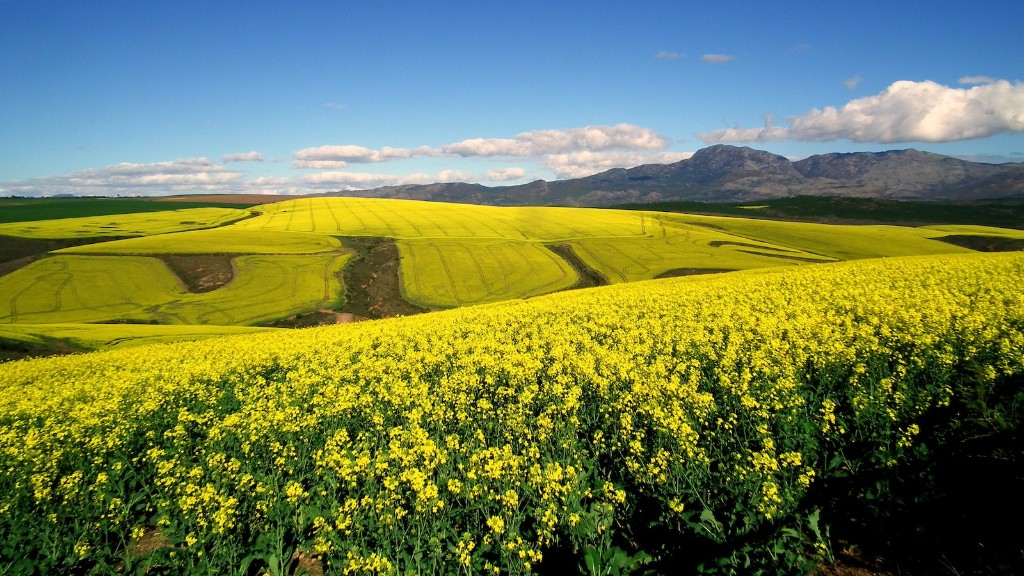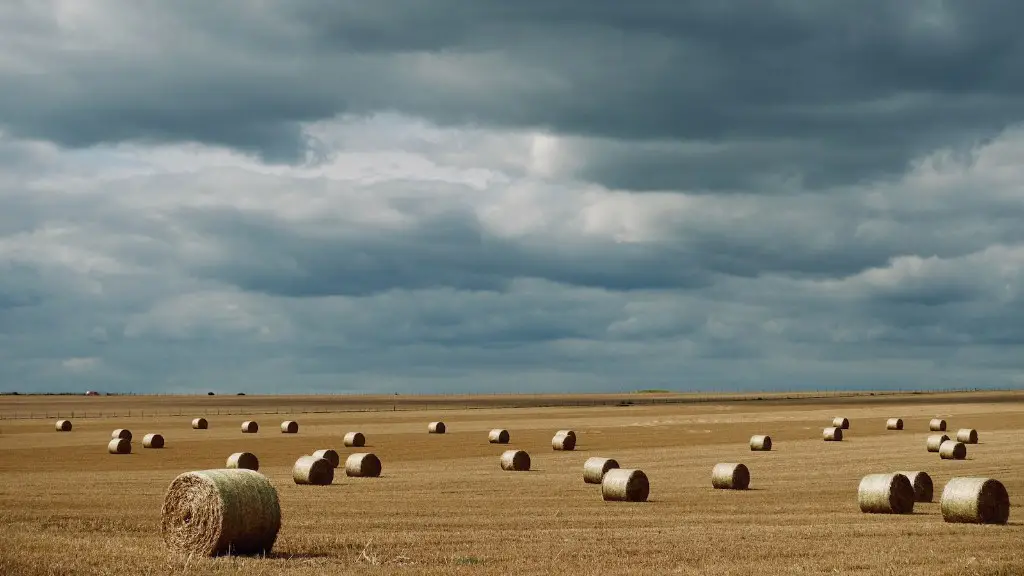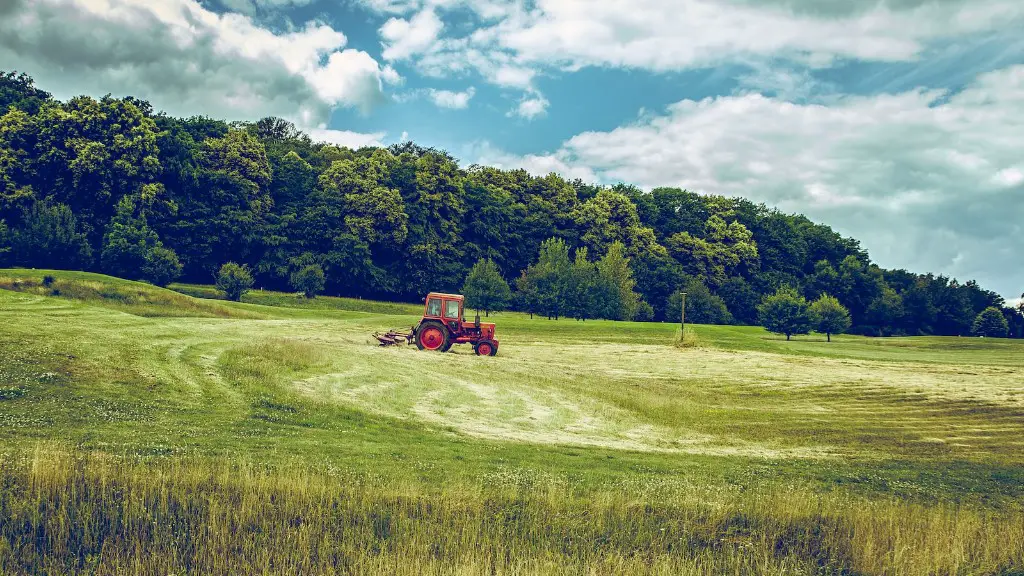The Food and Agriculture Organization (FAO) is an intergovernmental organization that is part of the United Nations. Its main focus is to achieve food security globally, while also establishing collaborative partnerships on food-related issues like nutrition and rural development. The FAO works together with member states, regional institutions, and international, non-governmental, and private sector organizations in order to develop, promote and facilitate the implementation of policies and strategies for the advancement of food security and related objectives. In addition, the organization also works to ensure access to sufficient, safe and nutritious food for all.
The purpose of the FAO is to provide long-term and sustainable solutions to food insecurity. It does this through direct support to farmers, food banks, and other stakeholders, as well as through developing research, analysis and policy recommendations which address food insecurity, poverty and hunger. The FAO has been working in this field since 1945, and is now focusing on global-scale food security issues, such as the displacement of people due to conflict, the effects of climate change on food production, and the rising prevalence of malnutrition and under-nutrition.
The FAO also works to bring together countries to create and strengthen global food systems, in order to ensure food security. In addition to promoting food security, the FAO also focuses on creating good agricultural practices, building resilient rural livelihoods, and enhancing food safety, nutrition and health. The organization seeks to establish mutual understanding and support for the global collaboration required to ensure that agricultural production meets the needs of a growing global population.
The FAO also works to ensure agricultural productivity, which is essential to food security. It does this through developing appropriate agro-ecosystems, enabling improved access to inputs, supporting agricultural technological processes, and promoting information exchange. Moreover, the FAO provides resources for local communities in order to strengthen agricultural productivity and food security.
The FAO helps states implement strategies for managing food crises, such as improved food distribution, food stockpiles and emergency reserve systems. Through strengthening the capacity of member states, the organization also helps to improve access to early warning systems, risk assessment, and monitoring mechanisms. Moreover, the organization promotes innovative ways to address food-related challenges, such as by using modern technology, ending food waste, and reducing food loss.
The FAO is also dedicated to promoting sustainable development in rural areas and communities. It does this by developing local initiatives for improved agricultural productivity, strengthening agricultural markets, and promoting better access to financing and investment. The FAO provides assistance to small holder farmers and integrates rural people, particularly women, into the development process.
FAO’s Role on Food Connectivity
The FAO also plays an important role in establishing and facilitating food connectivity, which is essential in guaranteeing food security. Food connectivity is defined by the FAO as “the physical, economic and social systems that link production, storage, processing, and market services to support an efficient flow of food between producers and consumers.” This includes policies such as those related to trade and market access, infrastructure and transport, food labeling, taxation, product quality, and intellectual property rights. The FAO works to ensure these policies are in place in order to promote access to food for all.
FAO’s Role on Food Security Programs
The FAO works to strengthen national and global programs and initiatives that deal with food security. These programs and initiatives assist in ensuring that countries and communities around the world have access to enough nutritious and safe food. The FAO works closely with national governments and non-governmental organizations to develop policies and strategies in order to reduce poverty, support small-scale farmers, and tackle food insecurity. Such policies include those that guarantee access to land, water, and technology for small-scale producers.
FAO’s Role on Informing Policy
The FAO plays an important role in providing impartial and evidence-informed policy advice to its members. This advice is based on scientific research and analysis that takes into account local, national and global perspectives. The FAO also provides access to data and information related to food and agriculture, which is used to inform decision-making by countries, organizations and individuals.
FAO’s Role on Nutrition and Health
The FAO works to promote nutrition and health through fostering access to safe and nutritious foods, nutrition education and promotion, dietary guidelines and nutrition policy, and food safety regulations. It does this through providing technical support, capacity-building, and resources to countries to help establish and strengthen food and nutrition systems. Moreover, the organization works to ensure that nutrition information is accessible and up-to-date to promote healthy lifestyles.
FAO’s Role on Biosecurity
The FAO works to reduce the risk of pests, diseases, and invasive species, as well as to promote safe and responsible trade in food and agriculture. The FAO does this through developing and supporting international laws and standards, strengthening biosecurity systems and raising awareness about biosecurity issues. The organization also promotes responsible management of water and soil resources, and works to reduce food-related waste and the impact of climate change on agriculture and food systems.
FAO’s Role on Climate Change
The FAO is also dedicated to building resilient agricultural systems and supporting adaptation to climate change. It does this through providing technical assistance, as well as providing access to information about climate change and its likely impacts on food security. The organization also works to enhance the understanding of climate change in order to encourage and facilitate the development of innovative and sustainable practices, such as those that improve adaptation, food security, and resource management.



